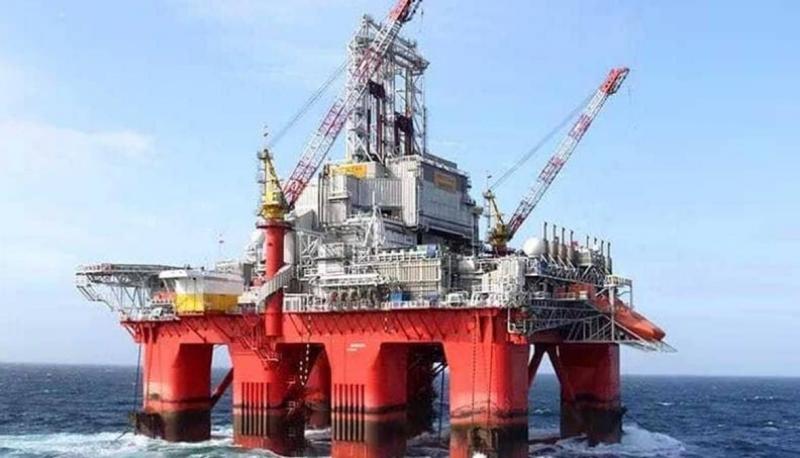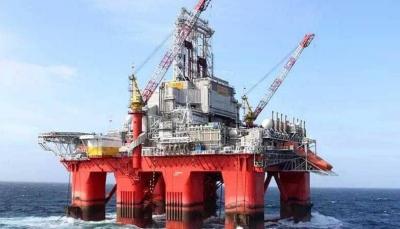Talk about Block Number 9 has resurfaced after Minister of Energy and Water in the caretaker government, Walid Fayyad, issued Decision No. 32 on September 12, 2023, regarding the modification of the coordinates for the drilling of exploratory well "Qana 31/1" in the specified block, as stated in the drilling license issued under Decision No. 30 dated August 16, 2023. This decision follows the operator, TotalEnergies, informing the Minister of the technical difficulties encountered during drilling operations and requesting an update to the drilling license.
The oil and gas exploration ship, which arrived in mid-August at its designated drilling point in Block 9, faced some obstacles days after it began operations. However, a member of the Petroleum Management Authority confirmed to the "Wardna" website that this issue is purely technical, is normal, and should not be exaggerated. The Ministry of Energy published the minister's decision to eliminate any ambiguity or suspicion about what is happening and to keep everyone informed of the work plan transparently, as it is the right of the Lebanese people to monitor the drilling process step by step.
In technical details, there are three intersecting locations specified in the drilling license. Today, we moved to the second site due to technical difficulties in the first location, where the drilling rig could not penetrate the rocky layers beneath the sea floor. The team had two options: either expand the drilling range or shift to a nearby site. The decision was made to opt for the second option, as it was more economical and faster. Currently, drilling at the second site has reached a depth of 3,200 meters, having surpassed geological challenges.
Thus, drilling is currently taking place at the second site, only 30 meters from the first site, which is also noted in the drilling license, as companies holding rights are granted two or three locations for drilling in anticipation of potential technical problems at the start of the operation. A member of the Petroleum Management Authority explained that the first phase is termed as drilling, but in practice and scientifically, it is not drilling in the full sense; rather, it involves inserting a steel casing to access the well before using equipment to measure gas levels. In principle, we need to descend approximately 1,200 meters under the sea in the coming days; however, progress in this phase is slow due to the reinforcement of the drilling, yet this phase is the most critical in the exploration process. It has been confirmed that the transition of drilling from one point to another did not delay the operation by more than two days, and the rig compensates and speeds up its working pattern, with the program proceeding according to the outlined plan unless an unforeseen event occurs.
Regarding the possibility that gas leakage serves as evidence of the quantity present in the well, a member of the Petroleum Management Authority clarified that while gas seepage may occur, we cannot base any conclusions or make any assertions until equipment reaches the well and measures the quantity of gas available, as seepage might originate from small pockets isolated from the well. Thus, drilling must continue, and by late October, preliminary and significant information about the stock in the well may be available.
While some expressed concerns over the adjustment of drilling coordinates or questioned whether the issue is purely technical, recalling the scenario of Block 4, an oil expert monitoring the drilling progress in Block 9 assured “Wardna” that there is no cause for concern regarding this decision. We doubt that the state or the drilling company is hiding any unwelcome news from the Lebanese people, especially since there is an international decision allowing exploration to commence. Additionally, Lebanese experts and observers are aware of what is happening, and October is approaching fast. However, what is important in the exploration file is to establish a scientifically and technically managed plan that benefits Lebanon in resolving its economic crisis. It must be emphasized that all studies indicate the existence of abundant commercial gas quantities, and if we look at the blocks surrounding Cyprus and Israel, oil is available; thus, we are floating on oil in Lebanon, but the quantities must be determined through exploration.




